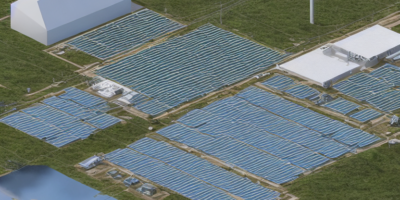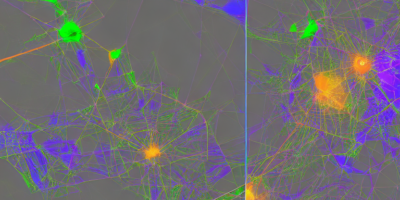Electricity is essential for daily life, but many rural villages lack access to this basic necessity. To address this issue, a team of researchers developed a pico-hydroelectric power system that can be easily installed in remote areas. This innovative system uses the energy of flowing water to generate electricity, providing lighting and hot water to villagers while also serving as a model for sustainable development.
The system consists of several components, including a turbine, generator, and control panel. The turbine harnesses the power of moving water to turn the generator, which produces electricity. The control panel regulates the flow of water and ensures that the system runs smoothly and efficiently. The system is designed to be easy to install and maintain, with a focus on safety and reliability.
The researchers tested their system in two rural villages in Nepal, where it significantly improved the residents’ quality of life. The electricity generated by the system allowed for improved lighting, which helped children with their studies at night and made it easier for villagers to work during the evenings. It also provided hot water for bathing and cooking, improving overall health and well-being.
The pico-hydroelectric power system has several advantages over traditional grid-connected systems. Firstly, it is more cost-effective, with a lower initial investment required to install the system. Secondly, it can be easily scaled up or down depending on the size of the village and the available water resources. Finally, it is a sustainable and renewable source of energy, reducing reliance on fossil fuels and minimizing environmental impact.
The researchers are now working to replicate this system in other rural villages across the region, with the goal of electrifying thousands of remote communities. They are also exploring new technologies and innovations that can further improve the efficiency and affordability of their system. With its potential to transform the lives of millions of people, this pico-hydroelectric power system represents a significant breakthrough in the field of renewable energy.
Electrical Engineering and Systems Science, Systems and Control
Improving Rural Lives with Pico-Hydroelectric Power



